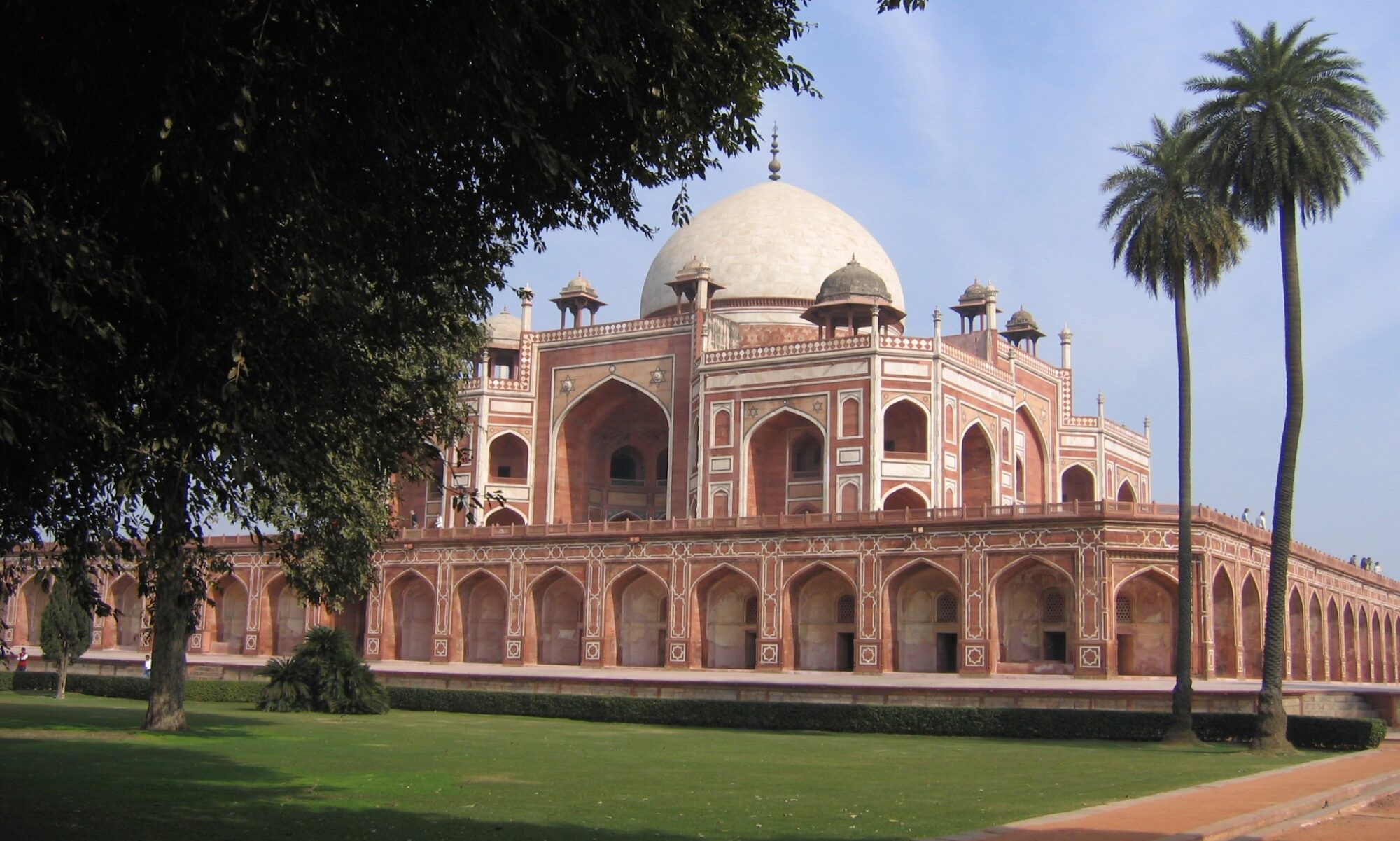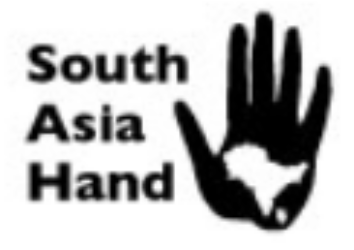 A review essay by Teresita C. Schaffer of five books about South Asia: Reconciliation: Islam, Democracy and the West, by Benazir Bhutto; Descent Into Chaos: The United States and the Failure of Nation Building in Pakistan, Afghanistan, and Central Asia, by Ahmed Rashid; Crossed Swords: Pakistan, Its Army, and the Wars Within, by Shuja Nawaz; The Madrassah Challenge: Militancy and Religious Education in Pakistan, by C. Christine Fair; and Islamist Militancy in Bangladesh: A Complex Web, by Ali Riaz.
A review essay by Teresita C. Schaffer of five books about South Asia: Reconciliation: Islam, Democracy and the West, by Benazir Bhutto; Descent Into Chaos: The United States and the Failure of Nation Building in Pakistan, Afghanistan, and Central Asia, by Ahmed Rashid; Crossed Swords: Pakistan, Its Army, and the Wars Within, by Shuja Nawaz; The Madrassah Challenge: Militancy and Religious Education in Pakistan, by C. Christine Fair; and Islamist Militancy in Bangladesh: A Complex Web, by Ali Riaz.
Reconciliation lays out, with almost desperate passion, Bhutto’s vision of Islam, marked by judicious reason, compassion, gentleness, and above all toleration for the world’s diversity. In what she terms ‘the battle within Islam’, she comes down resolutely on the side that favours democracy, moderation and finding common cause with the West. She bolsters this argument with a lengthy discussion of the historical and religious meanings of ‘jihad’, which she believes should properly be defined as ‘struggling in the path of God’. Tracing the history of Islamic thought, she stresses that Islamic thinkers and rulers were ahead of their times in their early sensitivity to women’s rights and potential. One chapter is devoted to Islam and democracy, with a series of brief descriptions of how different Islamic countries have dealt with their peoples’ democratic strivings.
Originally published by the International Institute for Strategic Studies in the October-November 2008 issue of Survival. Read the entire article.

